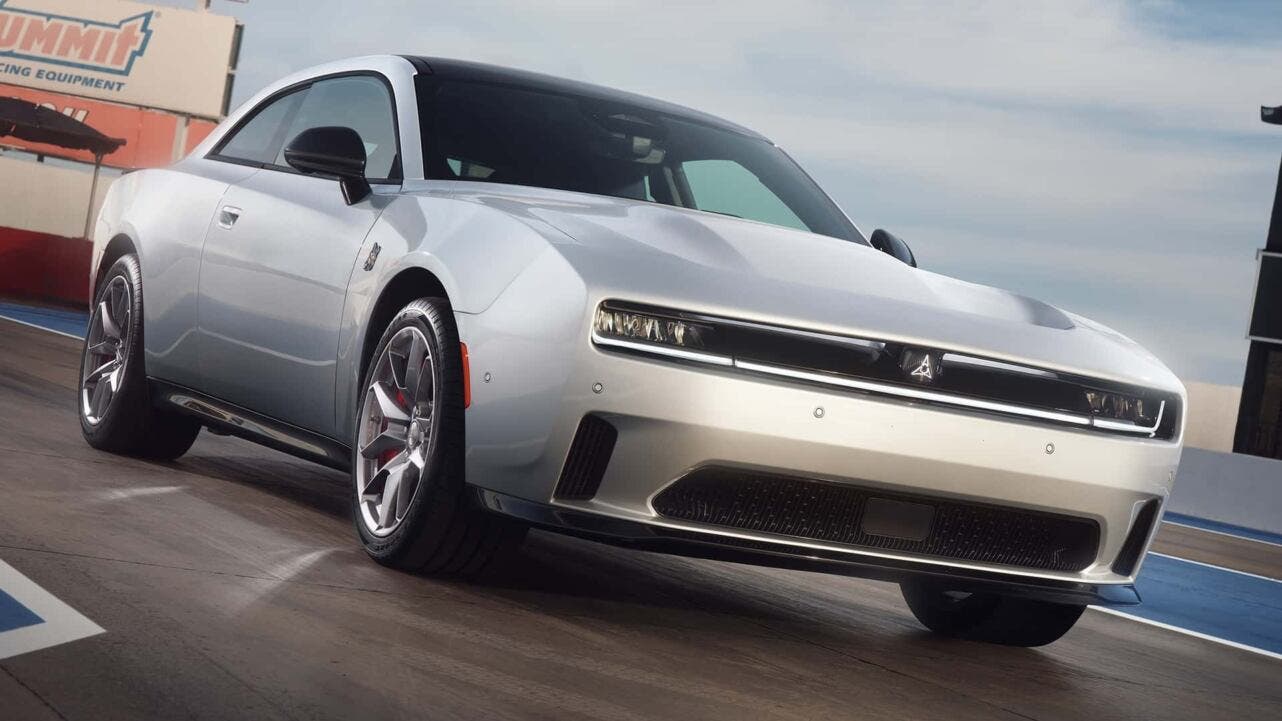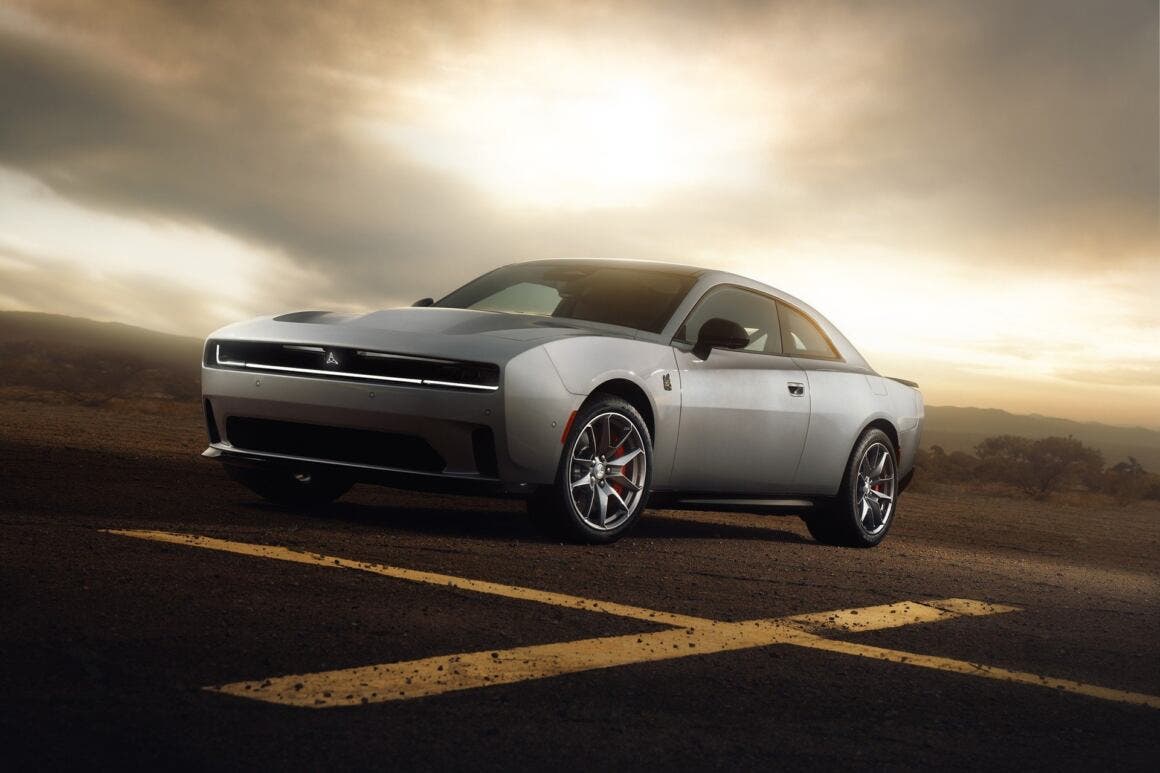The new Dodge Charger Daytona EV is not exactly a cheap car, and like all-electric vehicles, it costs more than gasoline-powered models. The higher purchase price is one of the commercial limitations of electric cars, although not the most important one, and this applies to all categories of cars. Aware of this and to expand its customer base, the Stellantis-owned US automaker is reportedly considering a more affordable version.
Dodge Charger Daytona EV: an entry-level, more affordable version on the way?

According to Carscoops, Dodge could add a GT RWD model to the range, which would be more affordable than the others, both in the two-door and four-door versions. The maximum power is hypothesized to be 300 horsepower.
It should be remembered that the new Dodge Charger EV has so far only been announced in a version with two electric motors and all-wheel drive. The new cheaper trim level, if it were to take shape, could have a single motor and rear-wheel drive. The estimated range is over 350 miles, more than 560 km.
The price could be less than $45,000. For some, this might still be a high price, but considering it’s a Dodge Charger and it’s electric, it could be a very tempting price. With this strategy, the US manufacturer aims to attract and convince muscle car lovers to switch to electric, even though it will probably not be easy.
As far as the next-generation Dodge Charger is concerned, the only official news at the moment concerns the debut of two all-wheel-drive electric variants, called R/T and Scat Pack, with respective powers of 496 and 670 horsepower. The prices of these models have not yet been revealed, but at this point, it is easy to think that they will be above $45,000. The possible arrival of the 300-horsepower base version could happen in the second half of 2025, together with the internal combustion engine versions of the Charger.
